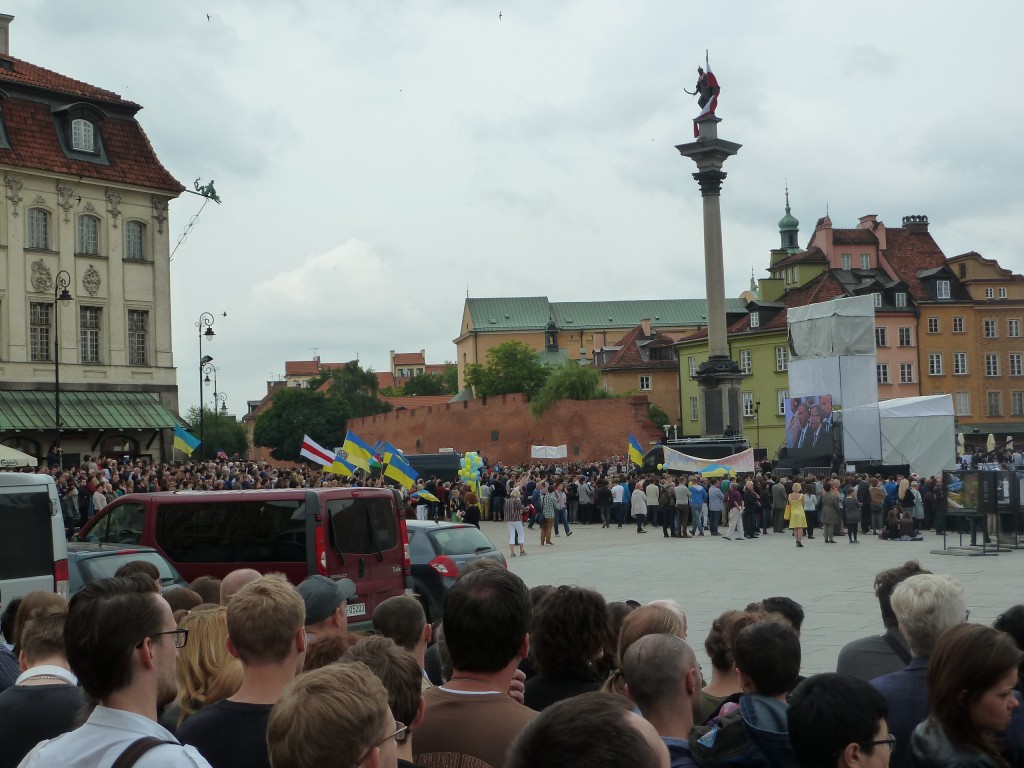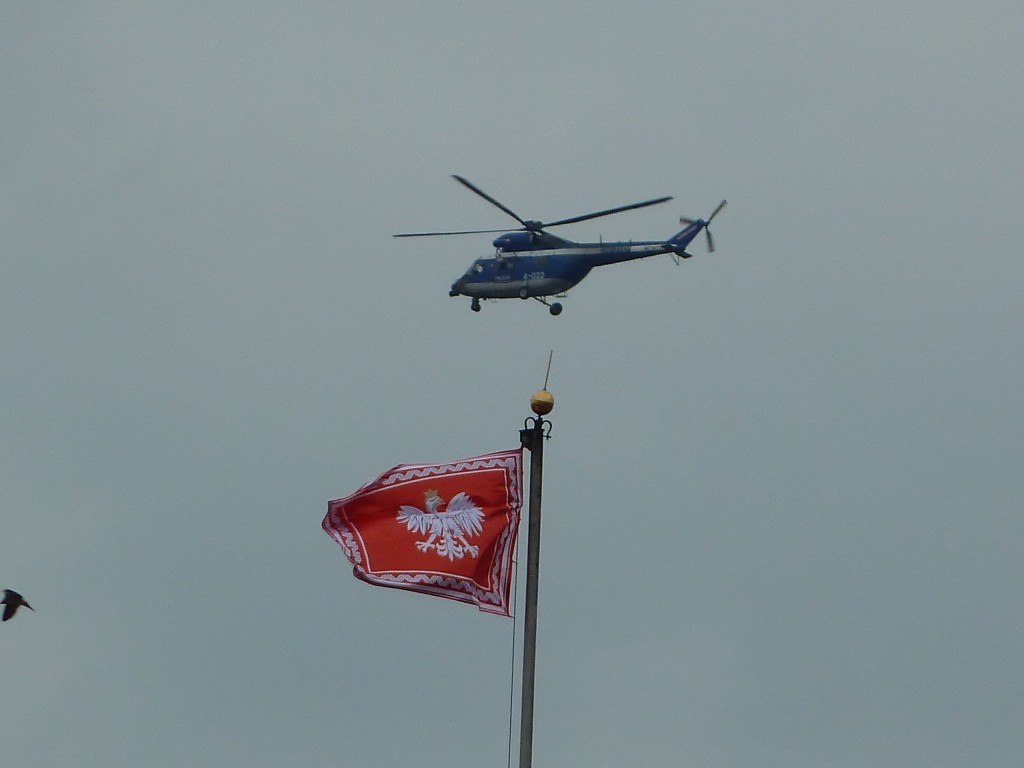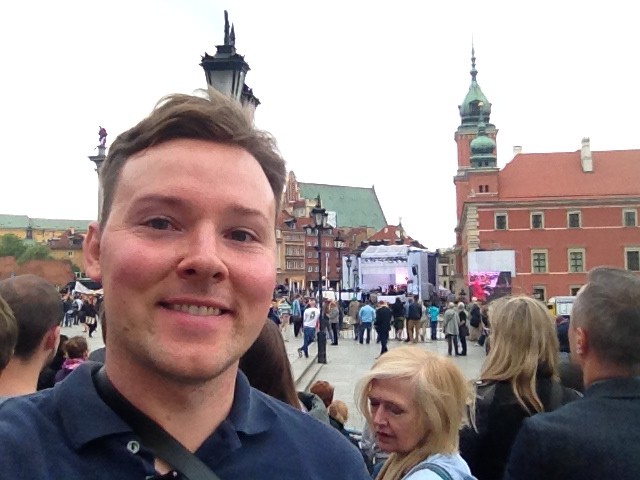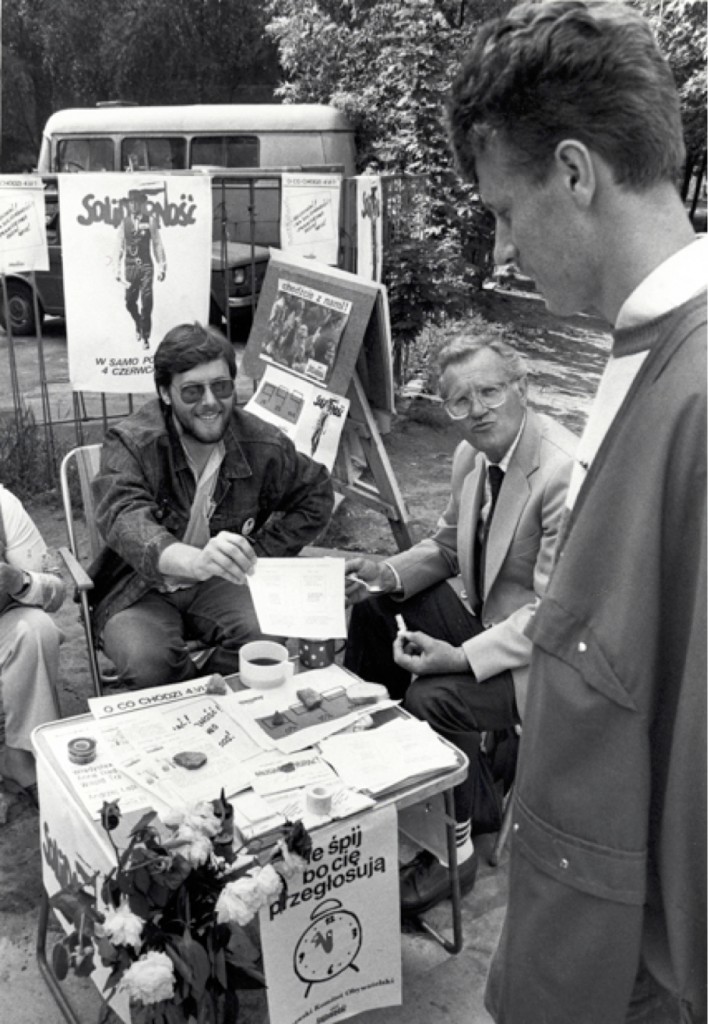 In the quarter-century since 1989, Poland has undergone dramatic changes. Once dominated by the Soviet-style Palace of Culture, Warsaw’s skyline now boasts numerous skyscrapers and high rise buildings. Although prices are often higher than in the West, Poles can purchase just about everything they want, while pre-1989 one would have to spend hours in lines often waiting for basic items like meat and bread that weren’t always available. What was once the Communist Party headquarters, now serves as Poland’s stock exchange and includes a Ferrari dealership on the ground floor.
In the quarter-century since 1989, Poland has undergone dramatic changes. Once dominated by the Soviet-style Palace of Culture, Warsaw’s skyline now boasts numerous skyscrapers and high rise buildings. Although prices are often higher than in the West, Poles can purchase just about everything they want, while pre-1989 one would have to spend hours in lines often waiting for basic items like meat and bread that weren’t always available. What was once the Communist Party headquarters, now serves as Poland’s stock exchange and includes a Ferrari dealership on the ground floor.
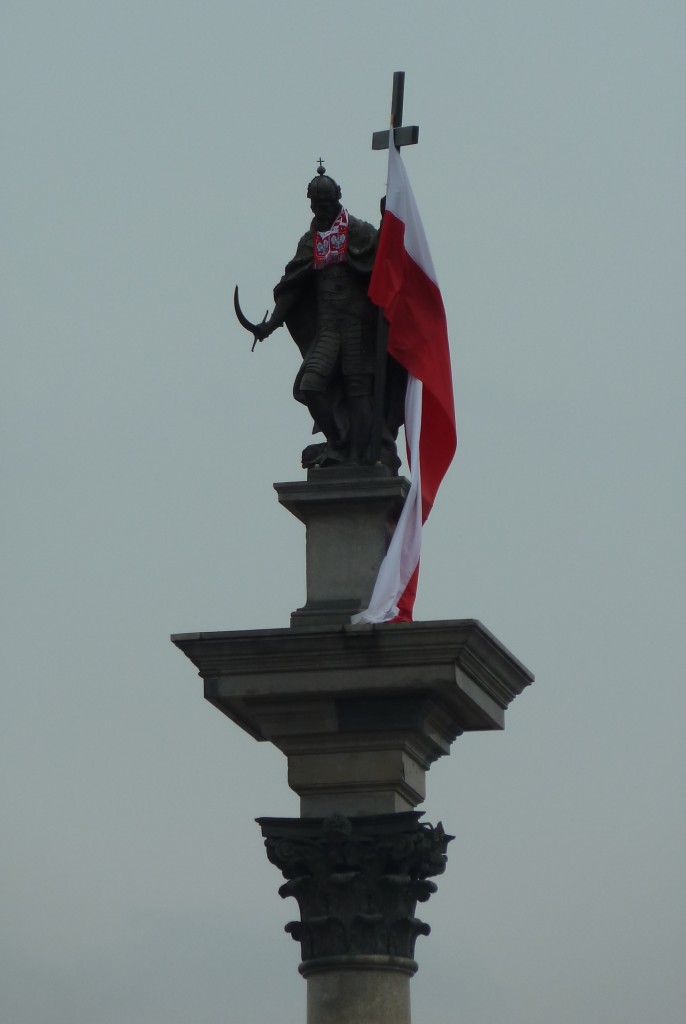 A related and significant milestone is the recently celebrated, tenth anniversary of Poland’s membership in the European Union. This has enabled several million Poles to travel to various points in Europe in search of better economic opportunities. Europeans, especially in the west, have also flocked to Poland as both tourists and expatriates. Not long ago I even read that Spaniards were moving to Poland for employment because of the tough economic situation in their country.
A related and significant milestone is the recently celebrated, tenth anniversary of Poland’s membership in the European Union. This has enabled several million Poles to travel to various points in Europe in search of better economic opportunities. Europeans, especially in the west, have also flocked to Poland as both tourists and expatriates. Not long ago I even read that Spaniards were moving to Poland for employment because of the tough economic situation in their country.
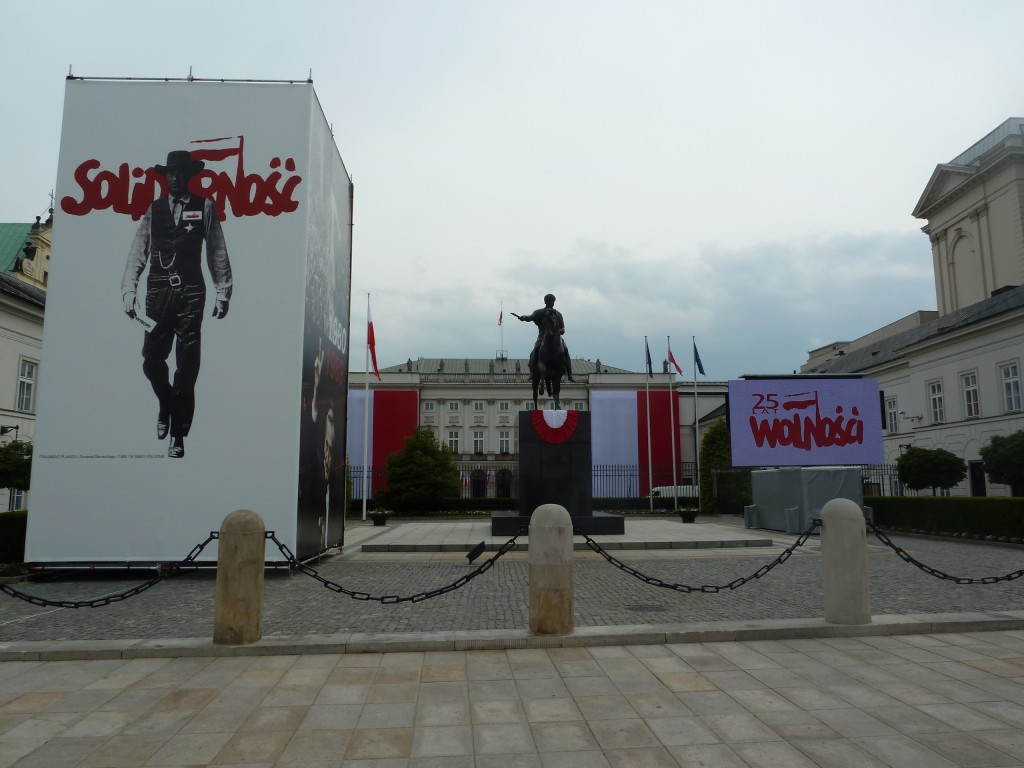
The “Day’s of Freedom” celebrations officially started today in Warsaw and were highlighted by U.S. President Barack Obama’s two-day visit to Poland. After two days of meetings, he joined numerous heads of state, including Poland’s President Bronisław Komorowski, King Philippe of Belgium and President of France Francois Hollande, on the Royal Castle Square in Warsaw’s Old Town. President Obama gave a 20-minute long speech in which he commended and celebrated Poland’s struggle for freedom and eventual triumph. The President also reiterated America’s commitment to the N.A.T.O. alliance and condemned Russia’s annexation of Crimea. Politics aside, I thought that the President’s speech was eloquent and timely, given the geopolitical uncertainties created by Russia’s actions in Ukraine.

 While today is a joyous occasion for Poles and lovers of liberty everywhere, it’s also important to remember the sacrifices of those who weren’t able to enjoy the freedom for which they struggled. We must also remember that freedom requires constant vigilance. The challenges that Ukraine is going through right now are a prime example that the pursuit of political and personal liberty is a blessing that many people still strive to achieve.
While today is a joyous occasion for Poles and lovers of liberty everywhere, it’s also important to remember the sacrifices of those who weren’t able to enjoy the freedom for which they struggled. We must also remember that freedom requires constant vigilance. The challenges that Ukraine is going through right now are a prime example that the pursuit of political and personal liberty is a blessing that many people still strive to achieve.
